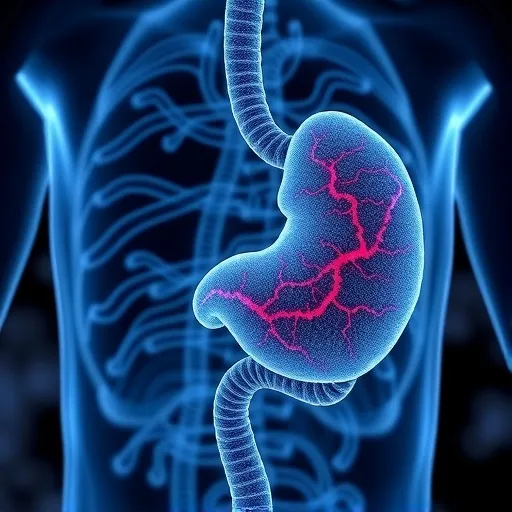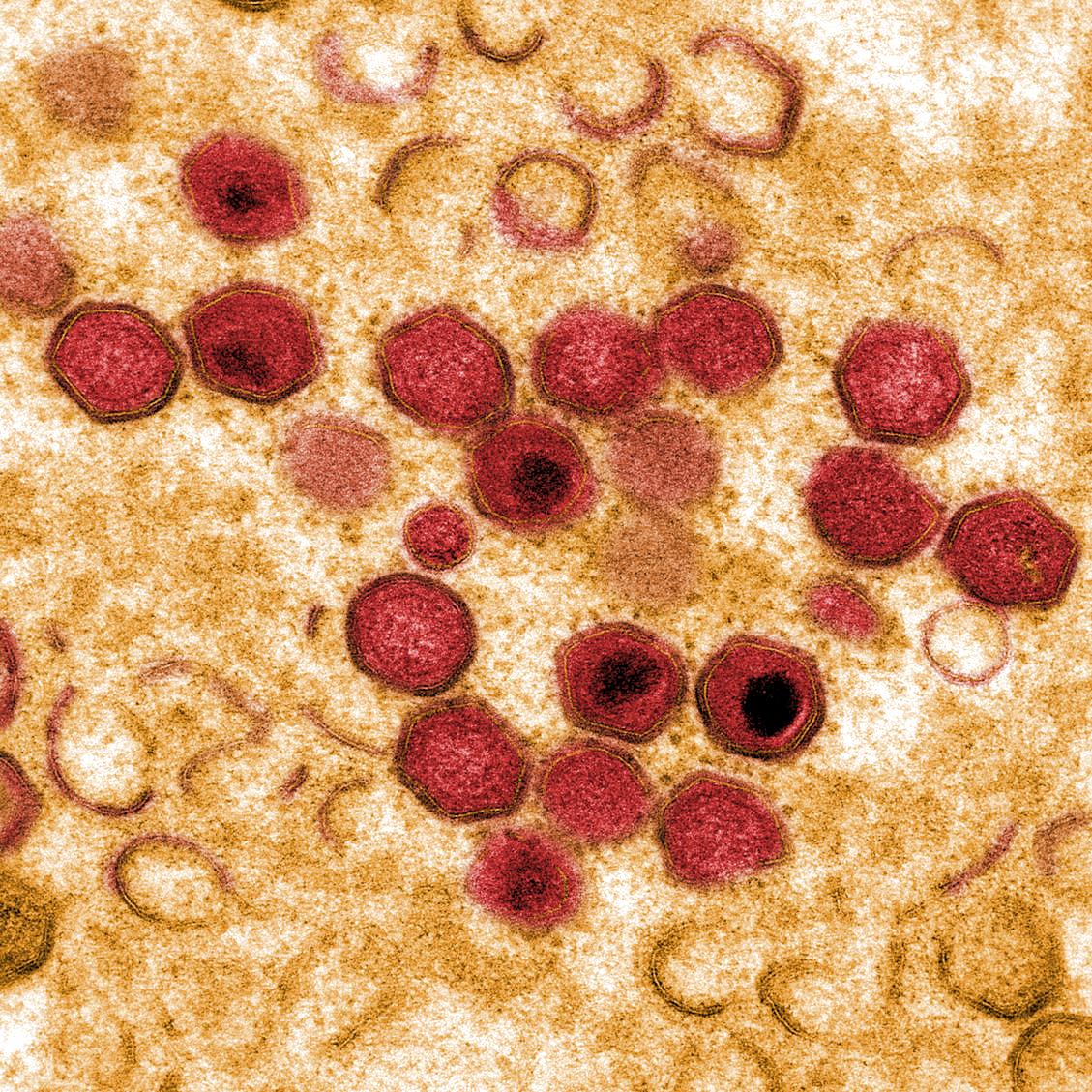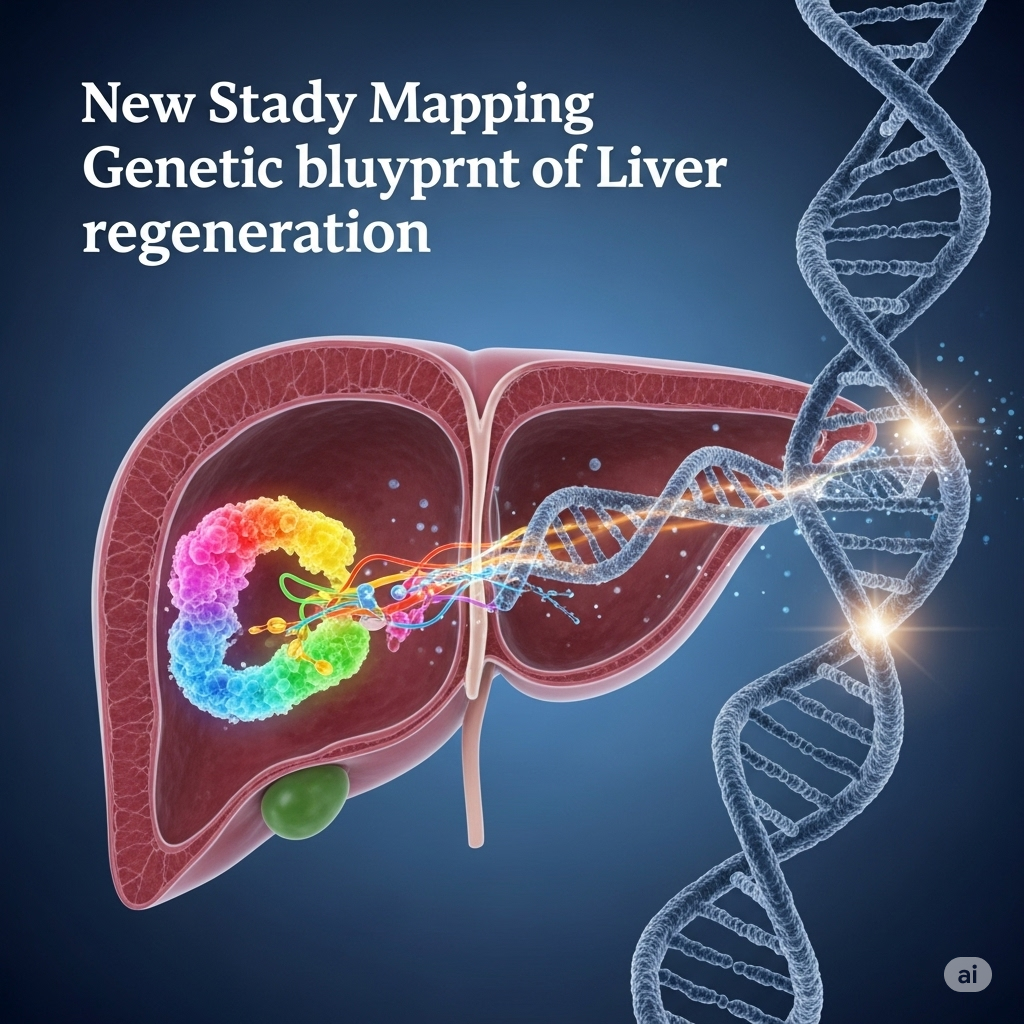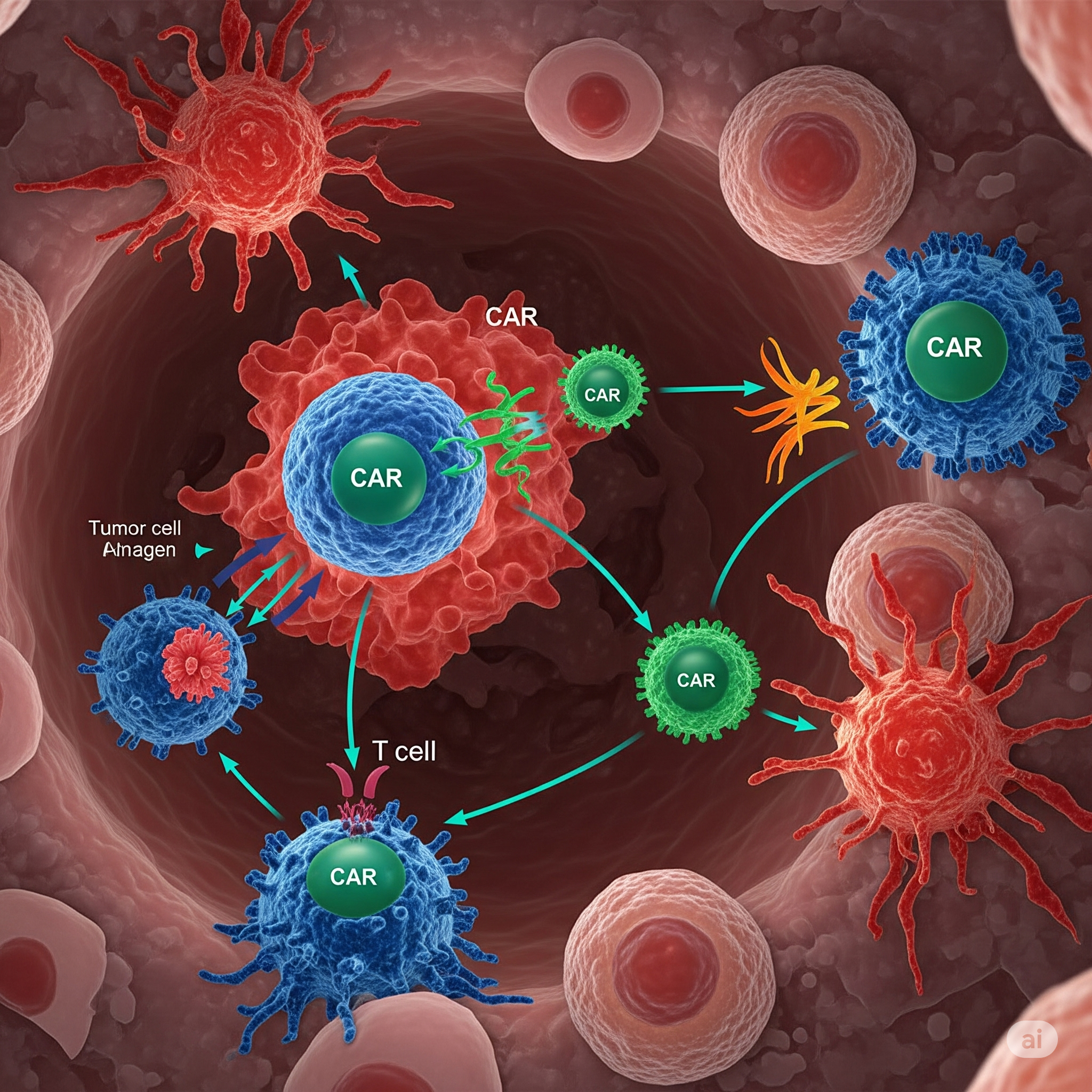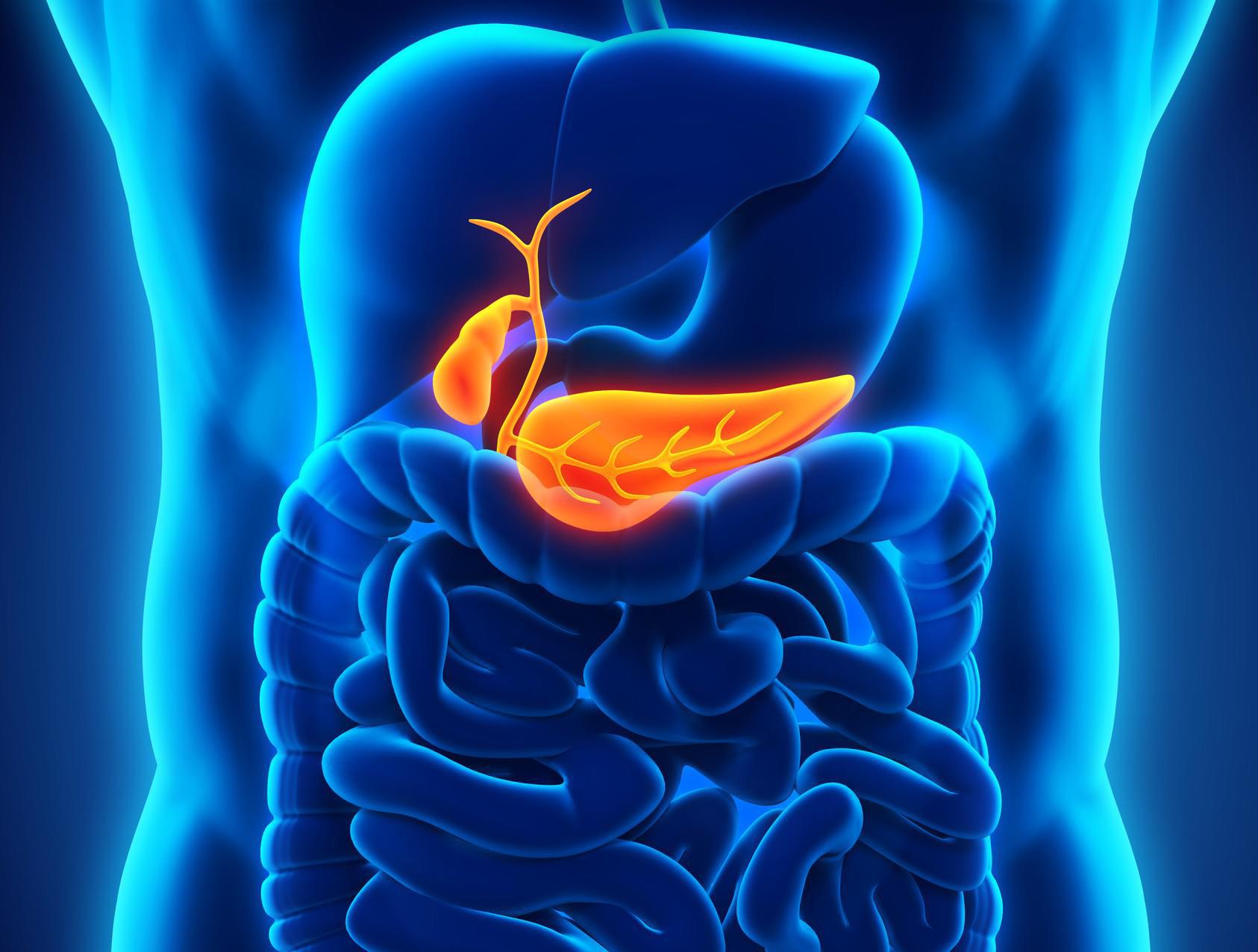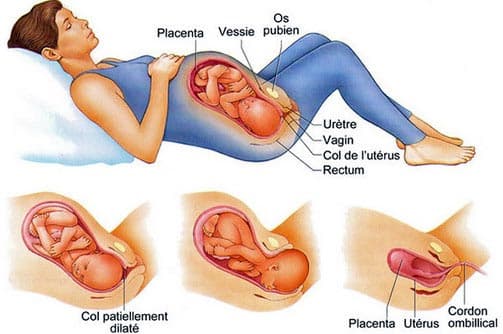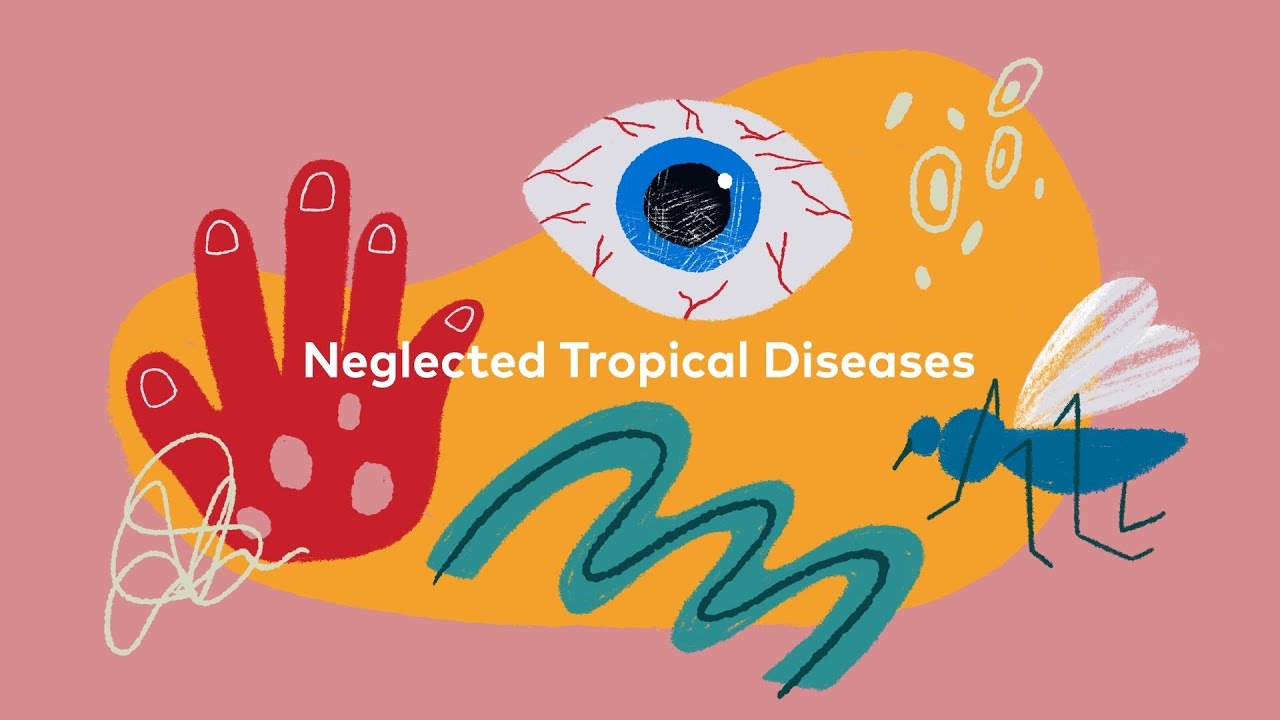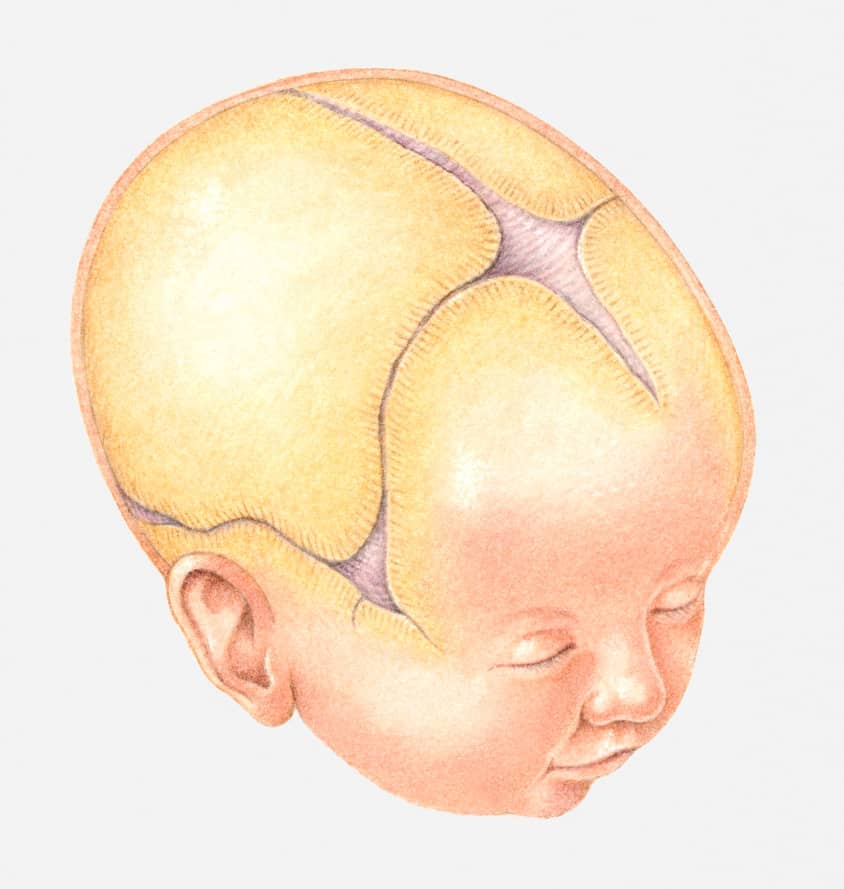A groundbreaking study from researchers at UC San Francisco has identified a key protein—PCSK9—that plays a pivotal role in how pancreatic cancer spreads to other organs like the lungs or liver. Published on May 21 in Nature, the study reveals how pancreatic cancer cells adapt to vastly different environments within the body by regulating cholesterol metabolism.
Pancreatic cancer is one of the deadliest forms of cancer, often remaining undetected until it has already metastasized. By the time symptoms appear, the cancer is usually widespread and resistant to most therapies. The research team sought to understand the factors that enable cancer cells to colonize either the liver or the lungs—two organs with vastly different tissue environments.
Using data from MetMap, a project at the Broad Institute, the scientists analyzed different pancreatic cancer cell lines based on their tendency to metastasize to either the liver or the lungs. They discovered a striking genomic signature centered around the PCSK9 protein, which regulates how cells obtain and use cholesterol.
-
In liver-bound cancer cells, low PCSK9 levels enabled them to consume the liver's abundant cholesterol.
-
In lung-bound cells, high PCSK9 levels led them to synthesize their own cholesterol and produce antioxidant molecules—an adaptation suited to the lung environment.
Remarkably, when researchers forced liver-destined cancer cells to express PCSK9, those cells shifted course and metastasized to the lungs instead.
“Cancers persist by adapting to live in new tissues and organs,” said Rushika Perera, PhD, senior author and Associate Professor of Anatomy at UCSF. “We found that pancreatic tumors use PCSK9 to adapt as they spread. This opens the door to fighting metastatic cancer growth by manipulating how cells acquire their cholesterol.”
The findings not only reveal how pancreatic cancer tailors itself to its environment but also point toward PCSK9 as a potential therapeutic target. By controlling this protein, researchers may one day be able to alter or prevent the spread of cancer, a critical advancement in managing one of the most lethal cancers.
The study was supported by the National Institutes of Health (NIH), the National Science Foundation (NSF), and the American Association for Cancer Research.
